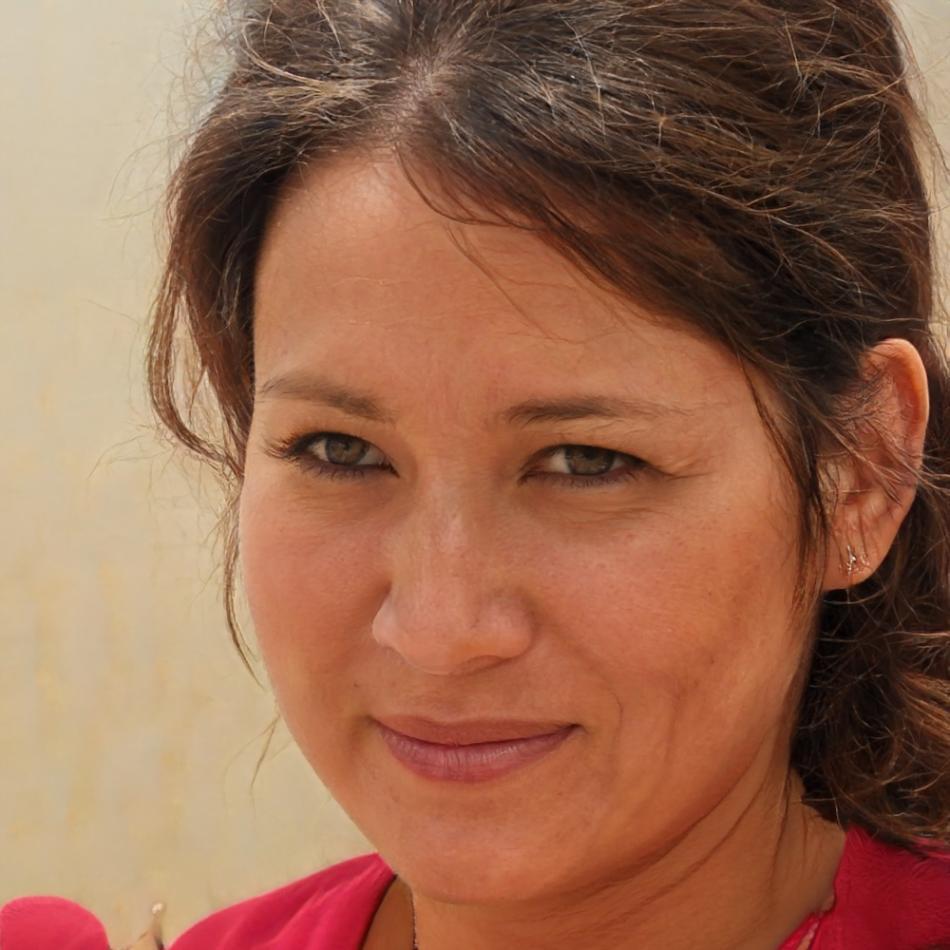Skills You'll Actually Use
This isn't about certificates or credentials. It's about building
practical capabilities that serve you whether you're launching a
startup or managing an established business.
By the end of the program, you should be comfortable with tasks that
many business owners outsource simply because they never learned the
fundamentals.
- Creating realistic financial projections that account for seasonal
variations and market conditions
- Identifying which metrics matter for your specific business model
and tracking them consistently
- Understanding funding options and knowing what investors or lenders
look for in a business plan
- Building contingency plans for common scenarios like supply chain
disruptions or demand shifts
- Communicating financial information without drowning people in
jargon or unnecessary detail


